Just when you thought it was safe to delete all of those emails about the Corporate Transparency Act (“CTA”), a recent court decision has brought the long-dormant law back to life. Most companies now have until March 21 to file their initial CTA reports. Although it is possible the deadline may be extended, the current prospects for an extension are very uncertain. We recommend that companies expeditiously begin the process of preparing their CTA filings.
How we got here
The CTA was on hold as the result of a nationwide order blocking its reporting regulations (the “Smith Order”), which was issued on January 7 by a federal district court in Tyler, Texas in the case of Smith v. U.S. Department of the Treasury. The Smith Order was based on the court’s conclusion that the CTA was likely unconstitutional, because (in the court’s view) it exceeded Congress’s constitutional powers.
Many observers, across the political spectrum, expected President Trump to oppose the CTA, because it seemed contrary to his anti-regulatory agenda. The easiest way to keep the CTA on hold would have been to let the Smith Order stay in place. It was reasonable to assume, therefore, that the government (i.e., the Trump administration) would probably not appeal the Smith Order.
It came as something a shock, then, when the government announced early this month, in multiple court filings, that it would defend the CTA against constitutional challenges, making many of the same legal arguments the Biden administration had made. Most notably, the Trump administration appealed the Smith Order, and asked the Smith court to put the Smith Order on hold by “staying” it. Because the Smith Order had put the CTA on hold, a “stay” of the Smith Order would revive the CTA and its reporting requirements.
What’s happened now
On February 17, the Smith court granted the government’s request for a stay of the Smith Order. Because the Smith Order is now stayed, the CTA’s reporting requirement are officially back in effect.
The Treasury Department’s Financial Crimes Enforcement Network (“FinCEN”), which administers the CTA, issued a notice on February 19 acknowledging the stay and the revived effectiveness of the CTA reporting requirements. In addition, following up on commitments made by the government when it requested the stay, FinCEN took the following two actions:
- First, it extended the reporting deadline for 30 days, until Friday, March 21.
- This new deadline applies to all initial, updated and corrected CTA filings that would otherwise have been due before March 21, had the CTA been in effect. (The technical term for such filings is “Beneficial Ownership Information Reports,” usually abbreviated to BOIR or just BOI. For simplicity, we will continue to refer to them as “CTA” filings or reports. Also, when we refer to “companies,” we mean companies that are required to make CTA filings, which are referred to in the CTA as “reporting companies.”)
- If a company was previously given a reporting deadline that was later than March 21, then it still has the benefit of that later deadline. There are two situations in which this would be the case.
- First, companies formed in 2024 had 90 days after formation in which to file. For companies formed between December 22 and December 31, 2024, this 90-day period will expire after March 21. Similarly, companies that are formed in 2025 have 30 days after formation in which to file. For companies formed on or after February 20, this 30-day period will expire after March 21. In each case, their deadline will be the end of the 90-day or 30-day period, rather than March 21. (The 30-day period also applies to required updates of changed information in, and corrections of, any previously-made filings.)
- Second, some companies formed in 2024 have later deadlines because of 2024 hurricanes. These are companies that were formed during certain specified periods in 2024 and that have their principal place of business in an area designated for disaster relief as a result of Hurricanes Beryl, Debby, Francine, Helene or Milton. The additional extension would be very short in the case of Hurricane Beryl (and now only applies to companies formed between June 24 and July 4, 2024), but somewhat longer in the case of the hurricanes that occurred later in 2024.
- FinCEN also teased the possibility of a further extension. It said: “FinCEN will provide an update before [March 21] of any further modification of this deadline, recognizing that reporting companies may need additional time to comply with their BOI reporting obligations once this update is provided.”
- Second, FinCEN announced that it “will assess its options to further modify deadlines, while prioritizing reporting for those entities that pose the most significant national security risks. FinCEN also intends to initiate a process this year to revise the BOI reporting rule to reduce burden for lower-risk entities, including many U.S. small businesses.” This contemplated rule-revision process, therefore, would focus on reprioritizing the CTA toward higher-risk companies while providing some regulatory relief for lower-risk companies.
- FinCEN described this statement as “in keeping with Treasury’s commitment to reducing regulatory burdens on businesses.” This rings somewhat hollow, however, when one considers the discrepancy in timing between the 30-day deadline extension and the likely timing of the proposed rule-revision process.
- Over 20 million existing companies will be required to file their initial CTA reports by this March 21, unless FinCEN voluntarily extends that deadline.
- The rule-revision process, by contrast, will inevitably take many months, if not longer. Indeed, because FinCEN only “intends to initiate” it sometime this year, the process may well not be completed until 2026.
This substantial discrepancy in timing means that, at least with respect to their initial CTA filings, existing companies (all 20+ million of them) will not enjoy any of the benefits of “Treasury’s commitment to reducing regulatory burdens on businesses.” This is because they must report by March 21 under the existing rules, rather than under the contemplated revised rules — even though such revised rules will presumably offer some degree of CTA relief for “lower-risk” companies. Indeed, it is conceivable that some types of information which are currently required to be reported under the existing rules may subsequently, as a result of the rule-revision process, be made no longer reportable. But such information will already have been reported by 20+ million existing companies complying with the existing rules, in the huge tranche of CTA filings required by March 21. Once so disclosed, such information can never realistically be “un-disclosed.”
FinCEN could have avoided this problem by doing two things:
- Substantially extending the March 21 reporting deadline, perhaps even until the end of this year. (Extending the deadline any farther would likely require a statutory change to the CTA itself, and is therefore outside of FinCEN’s power.)
- Initiating its rule-revision process as soon as possible, so that it can be completed this year.
But, unfortunately, that is not what FinCEN did. For now, the deadline for the vast majority of companies is March 21.
There will be another twist, right?
Anyone who has followed the long CTA saga knows by now that it has been chock-full of twists. And, while otherwise unpredictable, all of the twists have affected only one issue: is the CTA on or off?
Because the most recent developments have turned the CTA back on again, it’s only human to assume that surely there will be another twist, and that its effect will be to turn the CTA back off. So it’s tempting to leave your half-finished (or barely-started) CTA filing in the bottom drawer, kick back with a plate of nachos and a frosty margarita, and figuratively tune in to see what clever twist will put that darn CTA back on ice again.
There are a couple of possible twists:
- First, as mentioned above, FinCEN teased the possibility of extending the March 21 deadline: “FinCEN will provide an update before [March 21] of any further modification of this deadline.”
- Second, on Capitol Hill, there is proposed legislation under consideration to extend the reporting deadline until January 1, 2026, for companies in existence before 2024.The House bill, H.R. 736, passed on February 10 by a unanimous vote. (Yes, you read that right, “unanimous.”) In the Senate, a companion bill, S. 505, was introduced on February 11 and referred to the Senate’s Committee on Banking, Housing, and Urban Affairs.
But, for now, we strongly recommend you pass on that second margarita, and instead pull your incomplete or blank CTA filing out of the bottom drawer (literally or figuratively). We absolutely understand you don’t want to do it, but we’re here to tell you there may not be another twist. Let’s consider the two possible twists again, this time a bit more critically:
- FinCEN said it will provide an update of “any further modification” of the March 21 deadline. The crucial word, of course, is “any.” FinCEN is saying there may be an extension past March 21, but also there may not be one. We have absolutely no idea which it will be.
- On the legislative front, it’s very significant that the one-year deadline extension (for pre-2024 companies) passed the House unanimously. But it’s equally significant, in a bad way, that no action has occurred yet on the Senate bill in the 13 days since its introduction, other than being referred to committee. There will also be intense Congressional attention to more big-picture legislation regarding the budget and the debt limit, and there is no assurance that there will be adequate time or attention to move the CTA extension bill. (Its best possibility for passage may be to catch a ride on a must-pass bill, but there is no way to know if that will occur.)
- Even if the proposed legislature is enacted (which is a very big “if”), bear in mind that it will only extend the reporting deadline for companies formed before 2024. Companies formed in 2024 would remain subject to the 90-day deadline, and those formed in 2025 would remain subject to the 30-day deadline (as would the requirement for updates and corrections of previously-made filings).
In other words, you should not count on another twist to put the CTA back on hold and thereby save you from the March 21 deadline. But remember: when you’re expecting a twist, sometimes the most surprising twist is that there’s no twist. (OK, we realize that’s not much consolation.)
Assuming that you have not already made your CTA filing, we strongly encourage you to begin preparing your filing now so that can meet the March 21 deadline. Some filings will require more time and analysis than others (possibly including, for example, examination by an attorney of your organizational documents). That’s particularly true in light of the complexity, and occasional lack of clarity on important issues, of the existing reporting rules. You will also need to allocate time to collect information from your 25%-or-more owners and other controlling persons.
How Cokinos | Young can help
The corporate attorneys at Cokinos | Young continue to closely monitor CTA developments and will keep you updated as important events occur, including any extension of the reporting deadline or passage of the pending extension legislation. We are also available to help you comply with the CTA, such as helping you determine:
- If you are subject to the reporting requirements — or, alternatively, if you fall within one of the 23 CTA exemptions.
- Who your beneficial owners are — which involves complicated and sometimes counter-intuitive rules regarding determination of 25%-or-more ownership, as well as imprecise rules regarding “substantial control.”
- What information you need to obtain from your beneficial owners, and, in the case of companies formed in 2024 or 2025, the “company applicants” who were involved in their formation.
If you have any questions, please contact one of our following corporate attorneys:
About Cokinos | Young
Cokinos | Young has led Texas construction and real estate law for over three decades. And today, our 100+ dedicated professionals operate coast to coast and proudly handle all aspects of construction law for owner/developers, project managers, general contractors, design professionals, subcontractors, sureties, and lenders. We provide both dispute resolution and transactional services to clients through all phases of commercial, industrial, pipeline, offshore, civil, and residential construction. Our reputation was built on relentless commitment to client service and the industries we serve, and that remains our primary driver. Dedicated. Resilient. Expertise. That’s Cokinos | Young. Learn more at cokinoslaw.com.
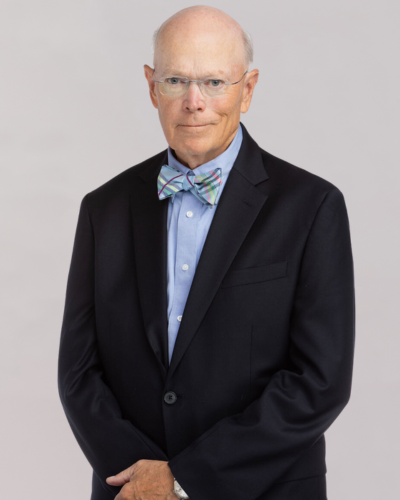





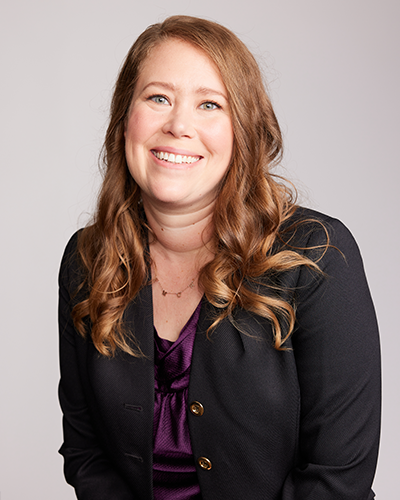
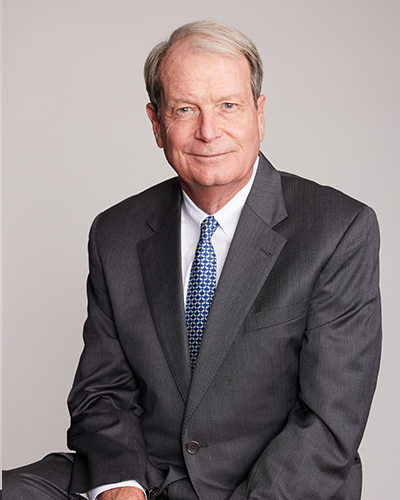
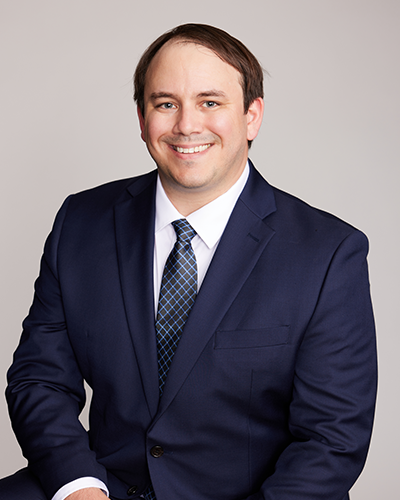
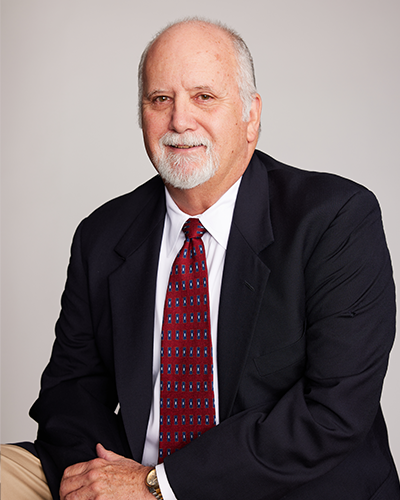
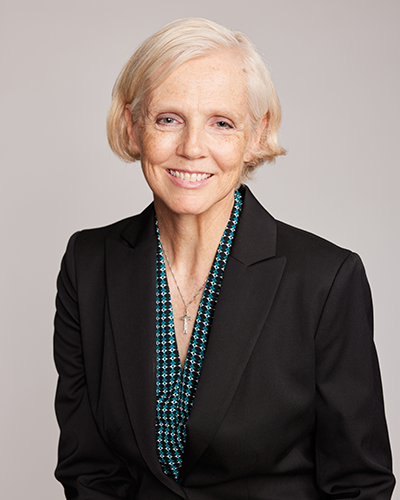
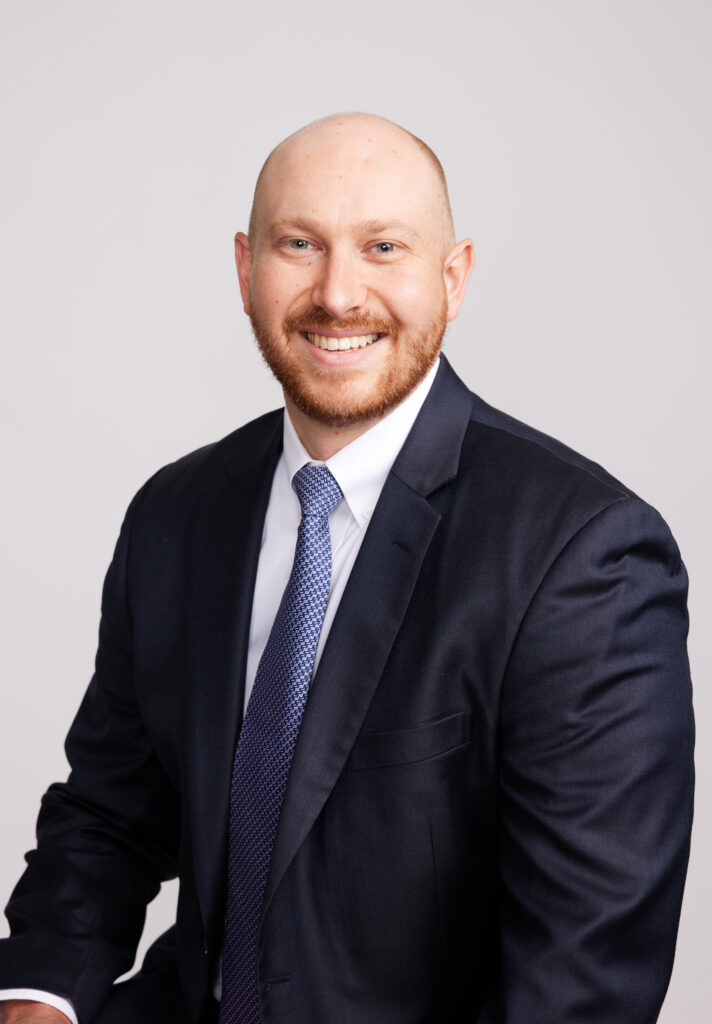
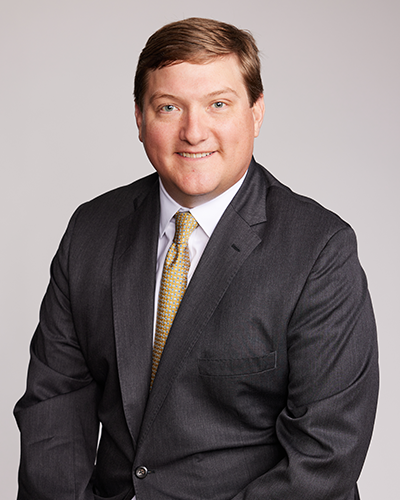
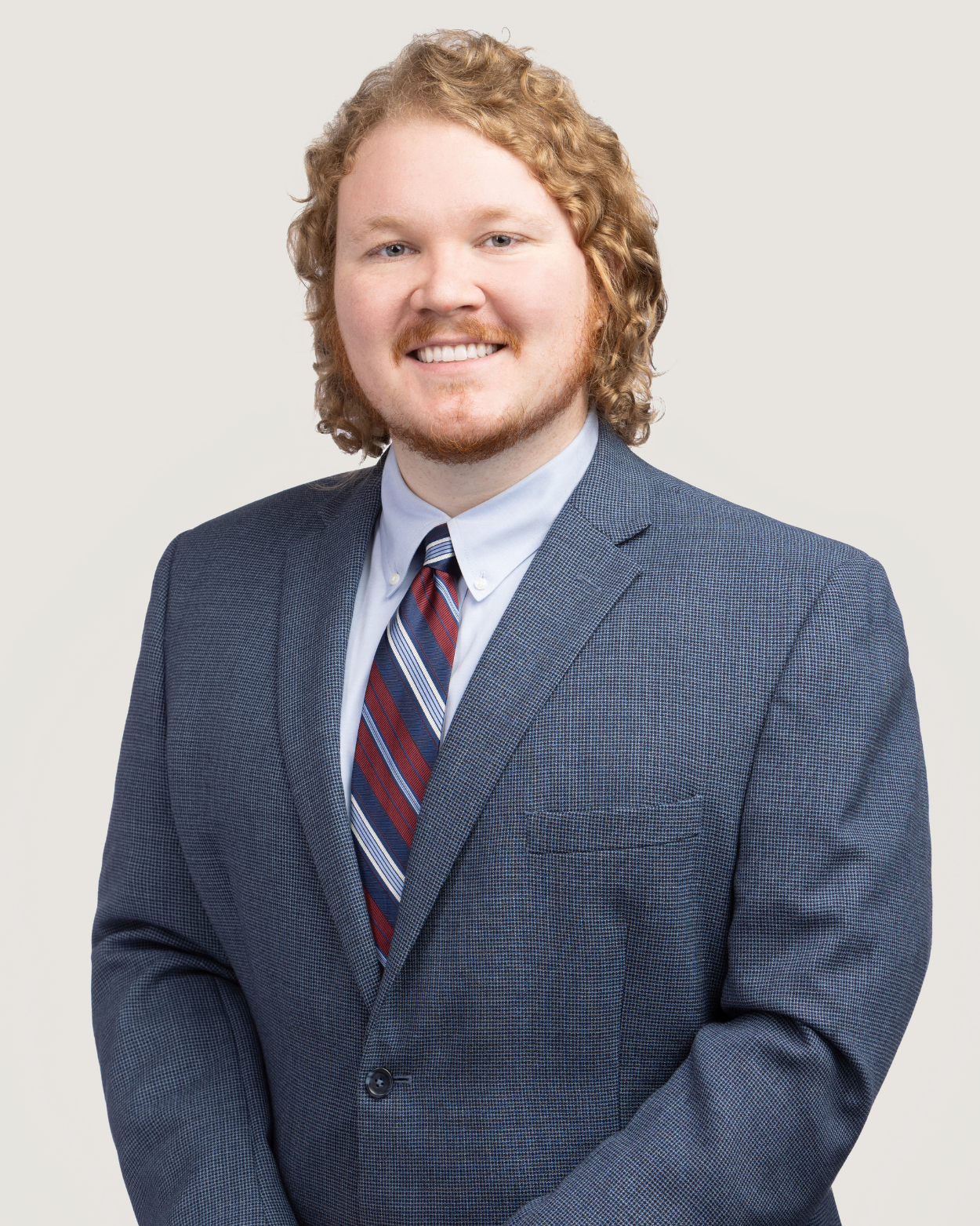
Recent Comments